
New draft law on guiding profession
Dopazo y Ravenna pictured above
More than a hundred participants joined an on-line national symposium on Friday morning organised by the Malta Union of Tourist Guides, entitled Quality Guiding for Quality Tourism. Eight speakers covered issues of great relevance to all licensed tourist guides, whether in Malta or elsewhere, since many of the problems guides in Malta face are shared with guides living in other parts of the EU.
The symposium was officially opened by the Minister for Tourism and Consumer Protection, the Hon. Julia Farrugia Portelli, who mentioned the long-awaited new draft law relating to the guiding profession, which is in the process of being drawn up.
The first speaker, Dane Munro, set out to define and explain the theme of the symposium, focusing on the importance of the fact that to convey the ‘Malteseness’ of Malta, that which makes it special and different to other places, you need guides who have been properly trained and who operate not as visitors themselves, but as people who are really and truly part of the place, and who can reveal its uniqueness.
Following on from Dr Munro, participants watched a recording produced by an Argentinian travel agency run by two partners, Dopazo y Ravenna, who illustrated Dr Munro’s message. They firmly believe that investing in well-qualified guides adds value to the experience of their clients by transmitting that intangible something extra.
Dr Michael Tanti-Dougall, elaborating on his specialist area of the law, discussed EU regulations and their application in different countries, as well as the ambiguity that can emerge when laws are not clearly and cleanly defined. He also touched on the widespread plague of illegal guiding in Malta.
Next in line, another recording, from Greece, the home of Efi Kalampoukidu, current President of FEG (European Federation of Tourist Guides). She covered a wide range of issues, from the way guides qualified in other EU countries are assessed to be allowed to work in another country, to the large fines imposed on people found to be guiding illegally in Greece, almost ten times more than fines that are handed out (in fact, very rarely) in Malta.
Tom Hooper, MBE, described a different scenario, since he hails from a country, the UK, where the profession is not regulated. However, the Blue Badge Guides, of which he is one, are a highly qualified group of individuals who are the only ones allowed to guide in certain museums and sites, and who regulate themselves. Nonetheless, they too feel threatened by the increasing number of unqualified and untrained so-called guides who ply their trade along the streets of London.
Paul Spiteri focused on the economic aspect of guiding, showing the economic contribution of qualified tourist guides, and the fact that illegal guiding results in the loss of income to both the state and to guides, as well as causing a decline in quality.
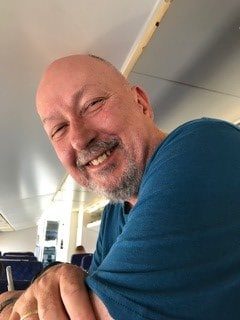
Tom Hooper 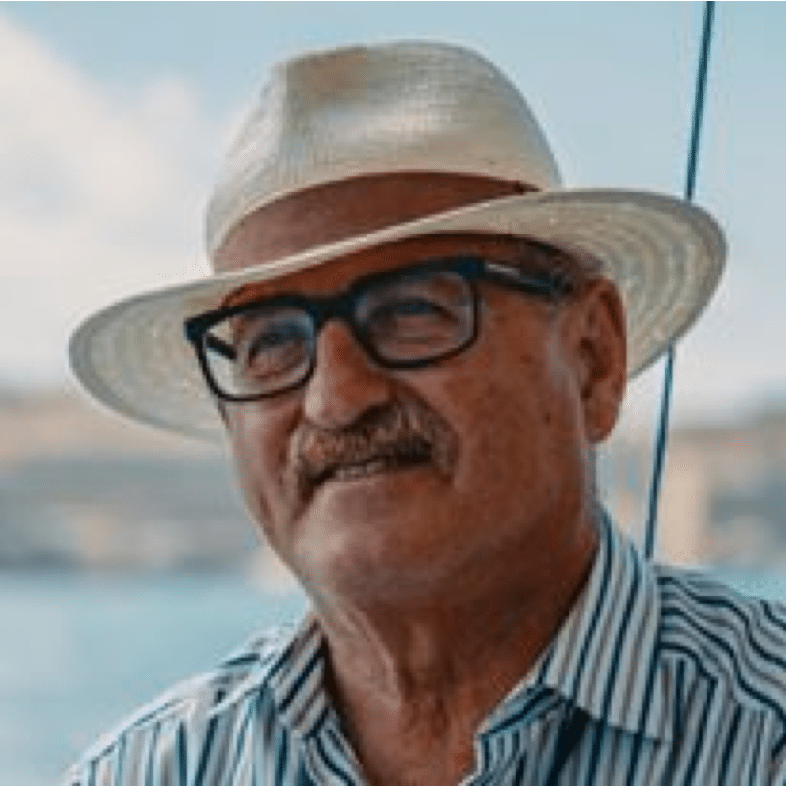
Paul Spiteri 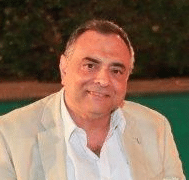
Michael Tanti Dougall 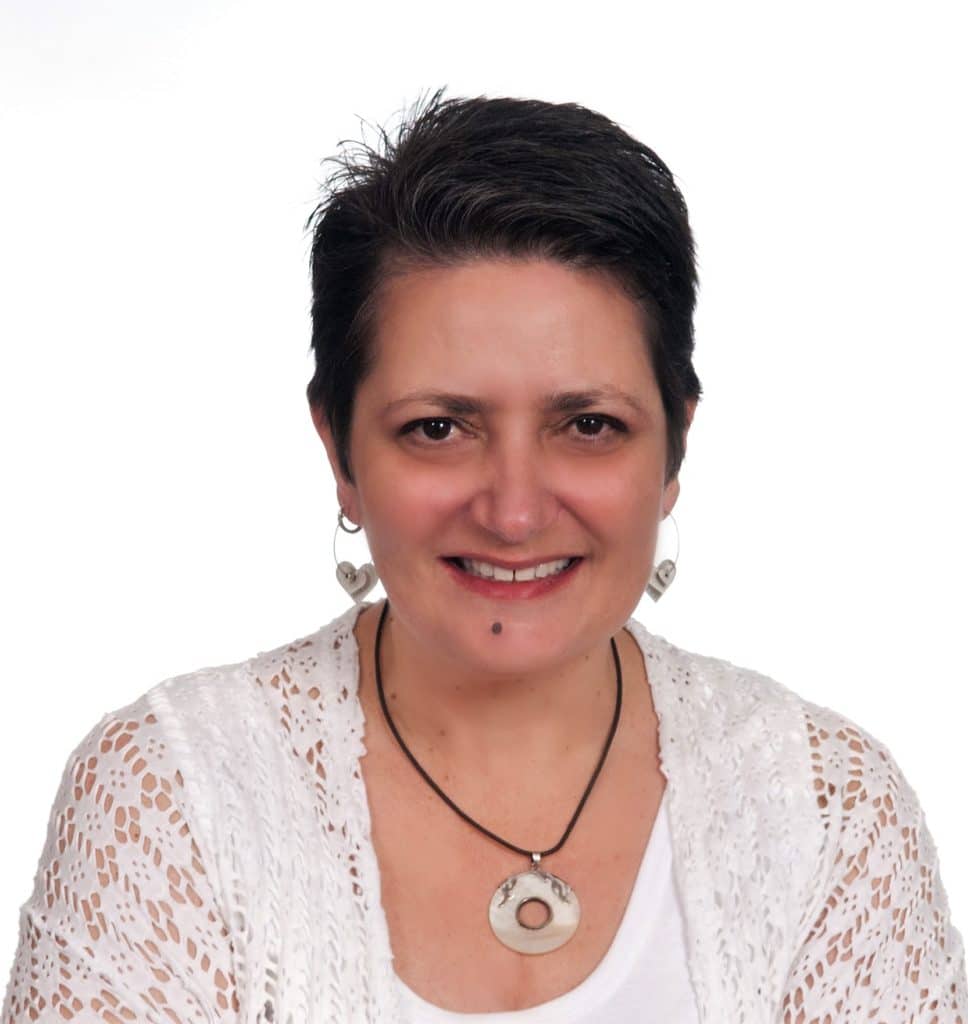
Efi Kalampoukidou 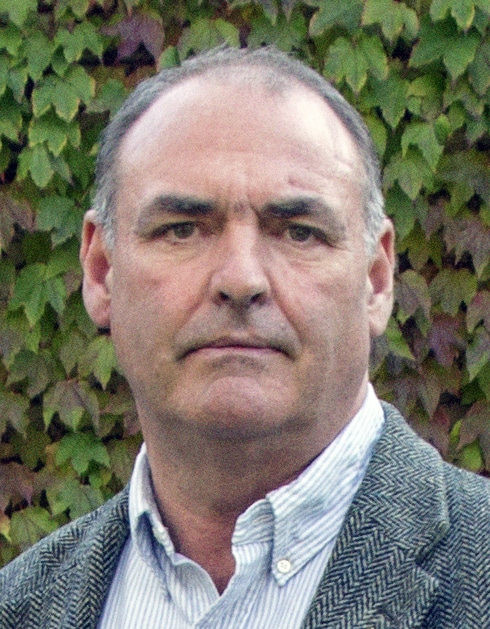
Dane Munro 
Julia Farrugia Portelli 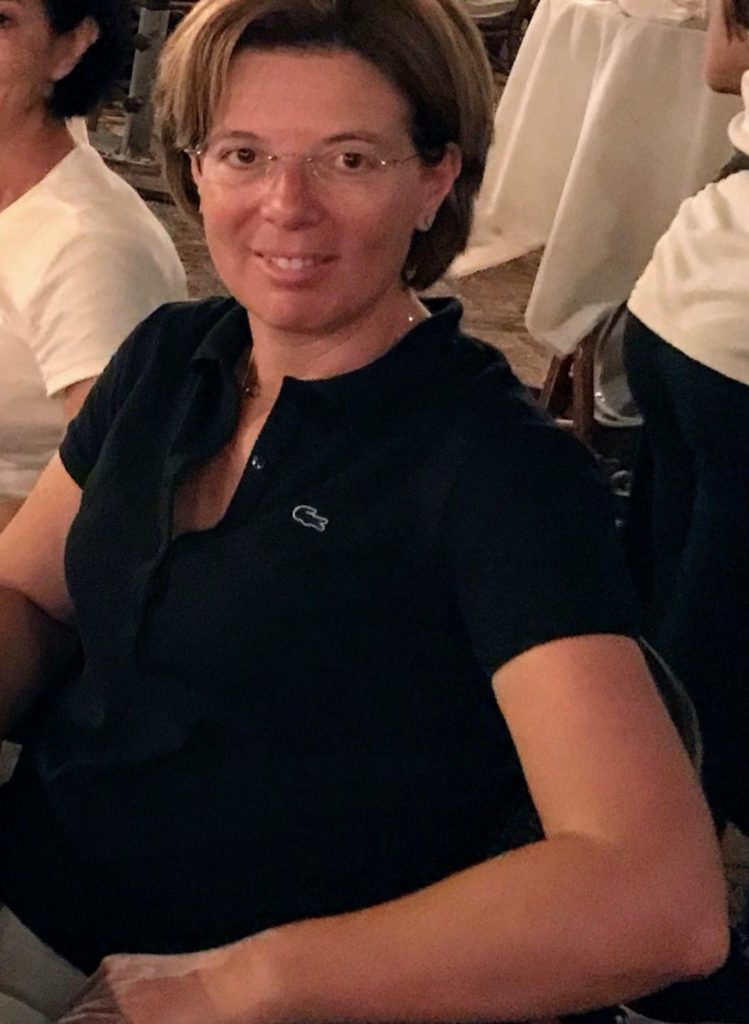
Glorianne Mizzi
The final speaker was Glorianne Mizzi, who brought together the different strands of the symposium, as well as touching on the training of tourist guides, since she herself is a guide trainer and lecturer at the Institute of Tourism Studies. She spoke about the various ways in which quality can be ensured, as well as considering the prospects for the future. Legislation, training, enforcement of breaches of the law, more publicity for the tourist guiding profession and a number of other issues were touched upon.
The comments received during and after the symposium were highly positive and a recording of the whole event will be made available for those who were unable to attend live. The Malta Union of Tourist Guides hopes to hold similar events in the future to highlight the profession they love.
The speakers during the Malta Union of Tourist Guides symposium, coinciding with their 40th anniversary, on 25 September: Tourism Minister Julia Farrugia Portelli, Dr Dane Munro, Hugo Dopazo and Jorge Ravenna, Dr Michael Tanti-Dougall, Efi Kalampoukidou, Tom Hooper, MBE, Paul Spiteri and Glorianne Mizzi
- September 26, 2020 No comments Posted in: Events Tags: tourism





